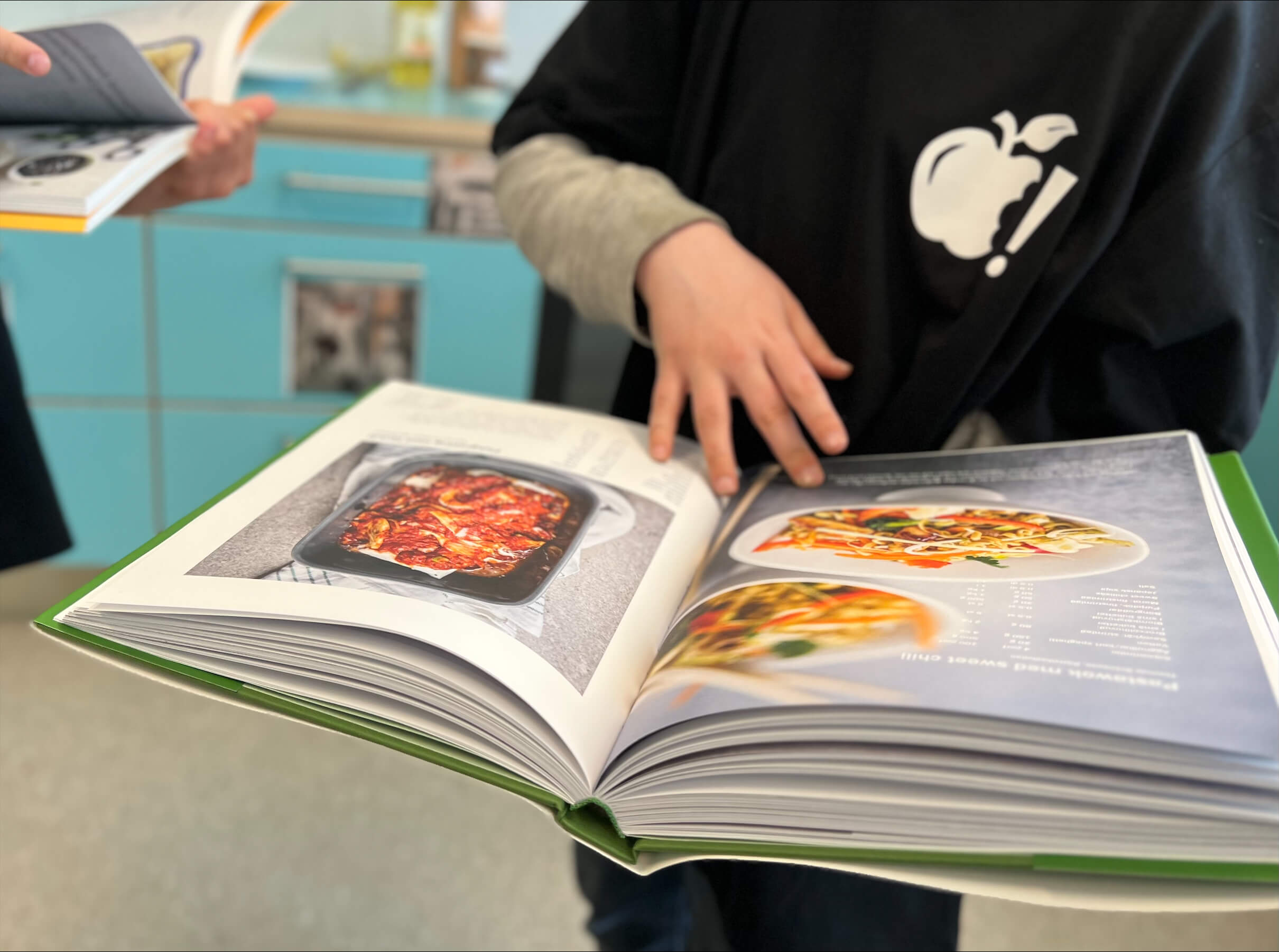
SF4C: Shifting school meals and schools into a new paradigm by addressing public health and territorial, social and environmental resilience
Funding programmeHorizon 2020 | ClientCity of Vienna -Environmental Protection (MA 22) | durationJanuary 2022-December 2025 |
SchoolFood4Change (SF4C) aims to create change towards sustainable and healthy diets at a broad societal level by directly impacting over 3,000 schools and 600,000 school children in 12 EU countries, providing a best practice that can be replicated across the EU and beyond.
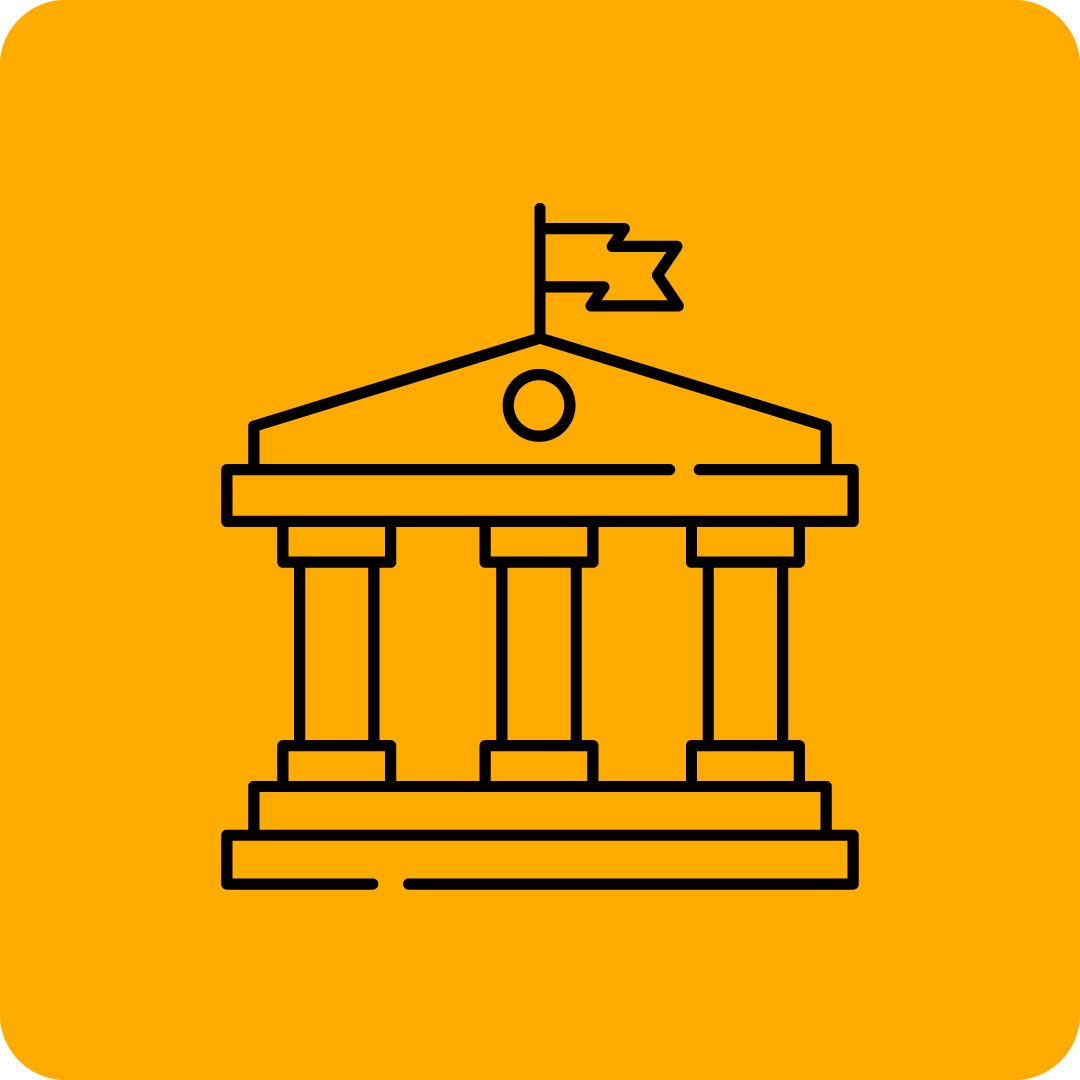
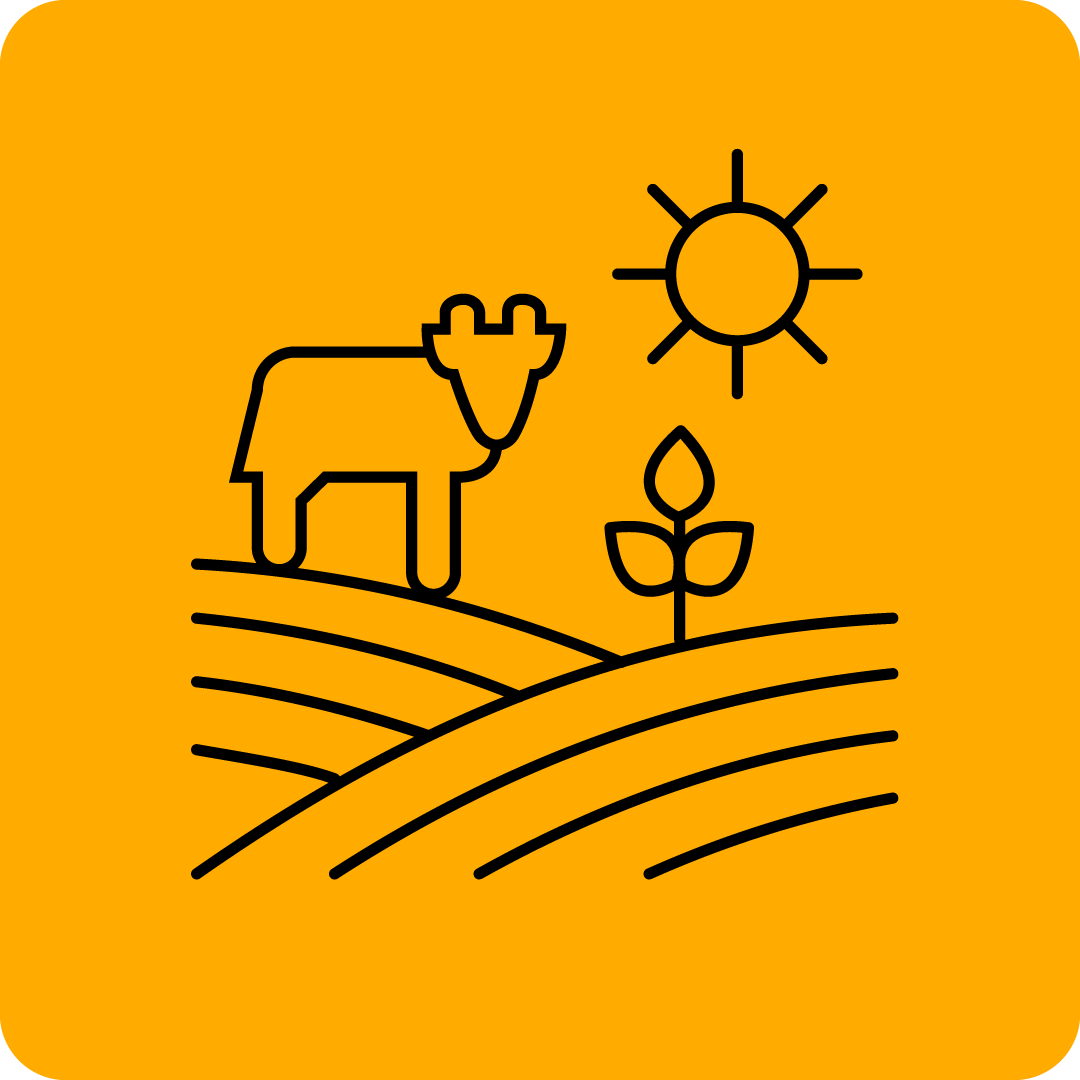
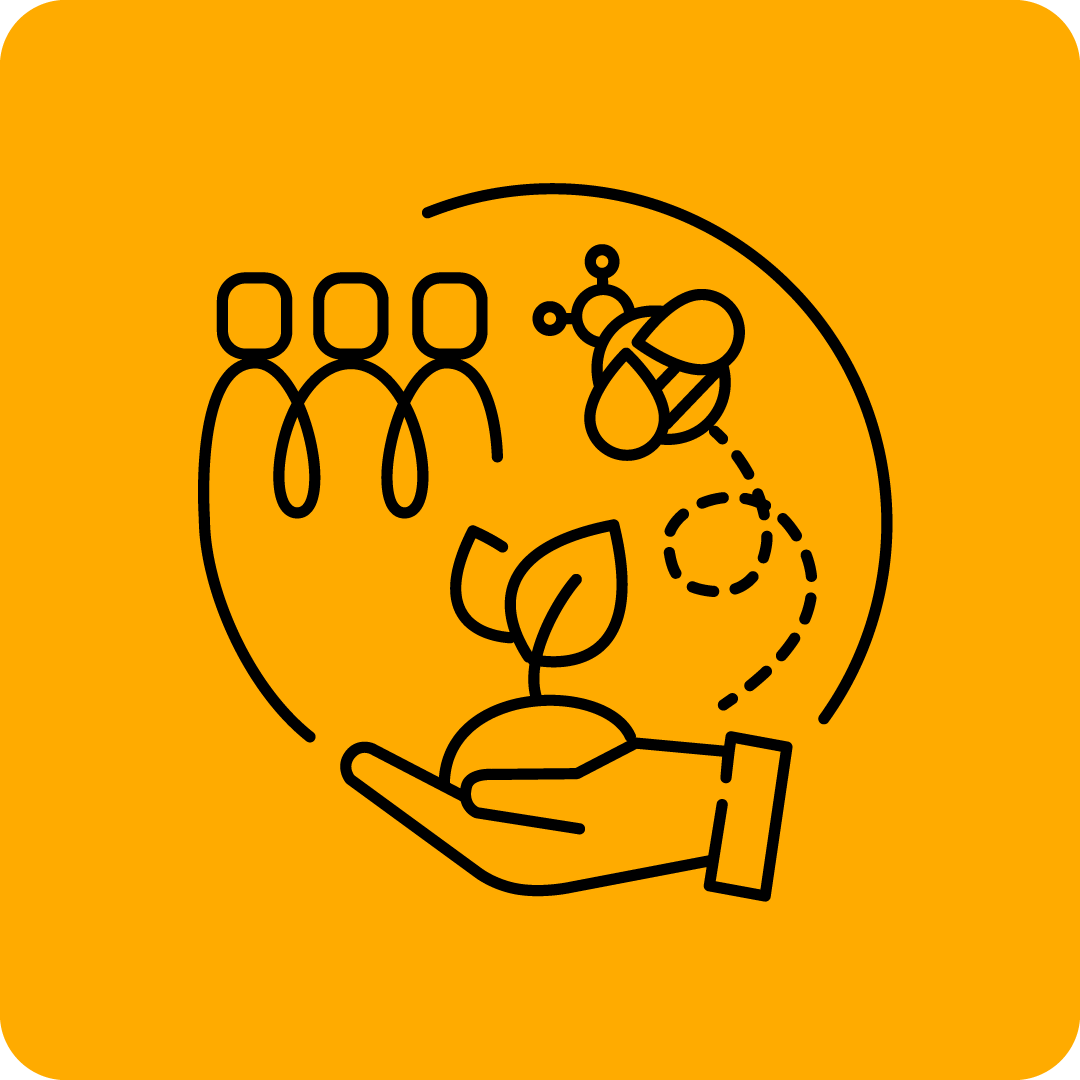
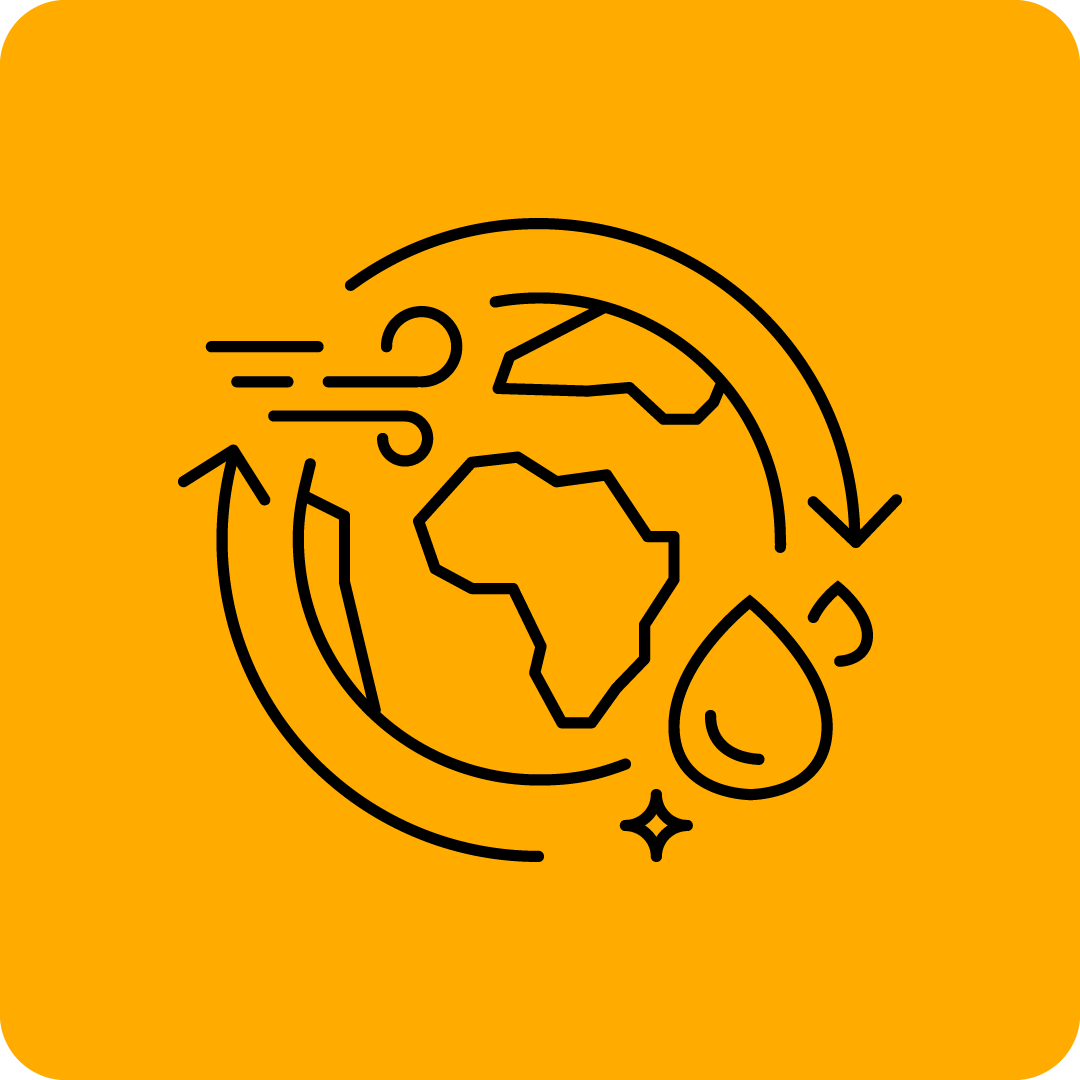
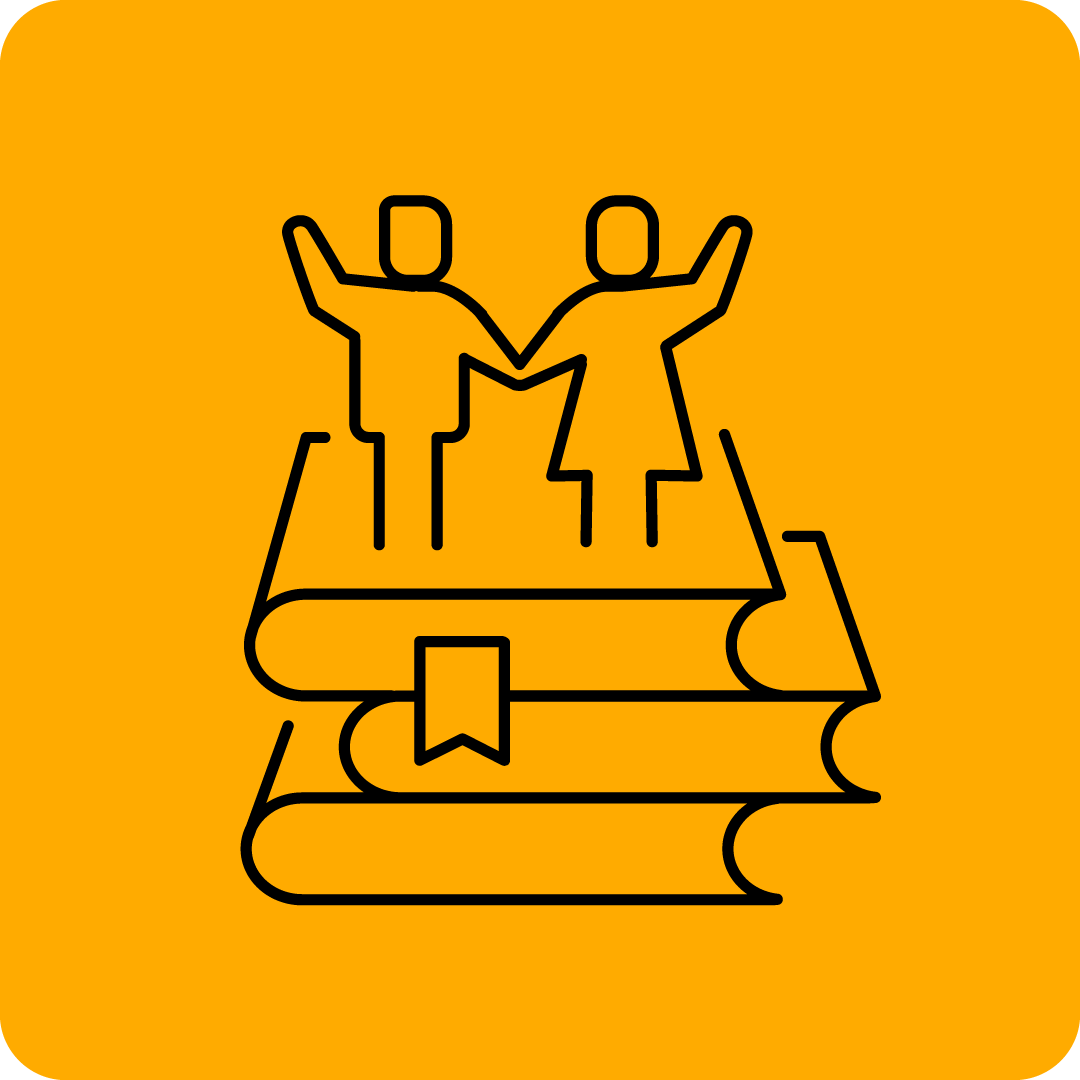

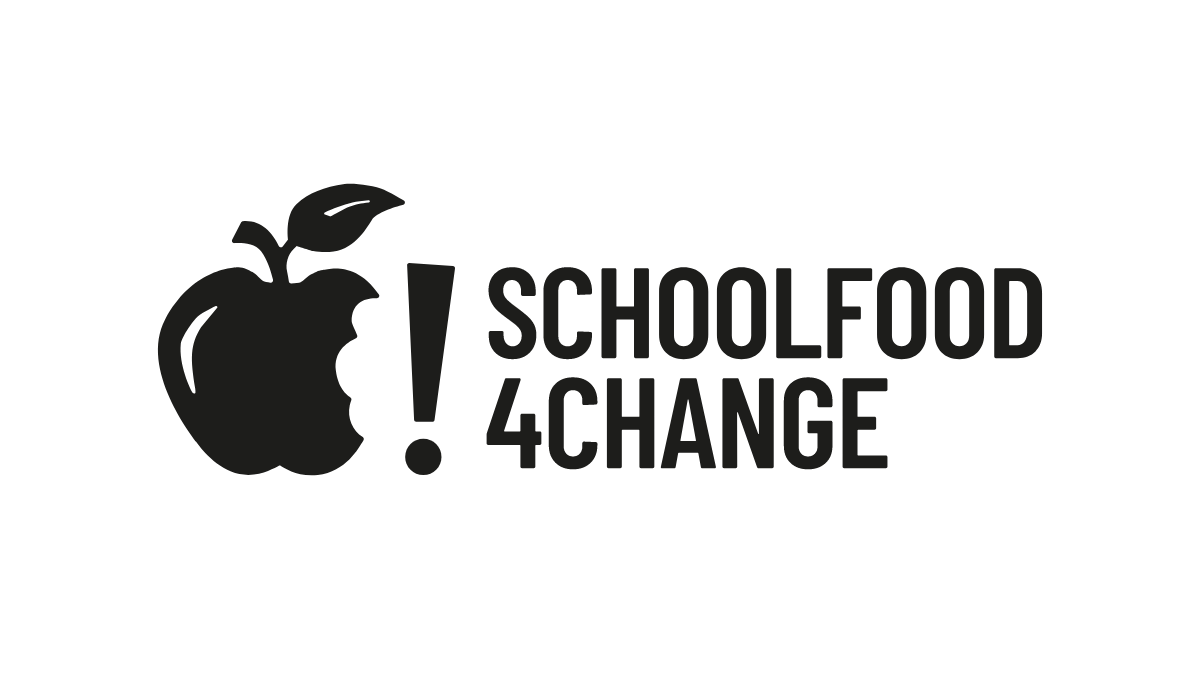
EuroVienna's services
Application:
- Supporting MA 22 and ICLEI during the application process;
- Link to the Horizon 2020 National Contact Point;
- Editing of texts;
- Proposal check;
- Keyword check;
- Collaboration in budget preparation.
Project management:
As affiliated entity to the City of Vienna, EuroVienna is a key-partner in the implementation and management of EU projects and initiatives of the city. Within the framework of SF4C, EuroVienna supports the City of Vienna (MA 22) mainly in:
- supporting the City of Vienna in its role as partner and country lead in organizing meetings and in monitoring and reporting;
- organizing local SF4C Award and in development of tools and guidelines with respect to E regulations;
- in organizing canteen days and in interaction with local business, farmers and local organizations;
- in development of the procurement with respect to EU regulations and in market engagement dialogue.
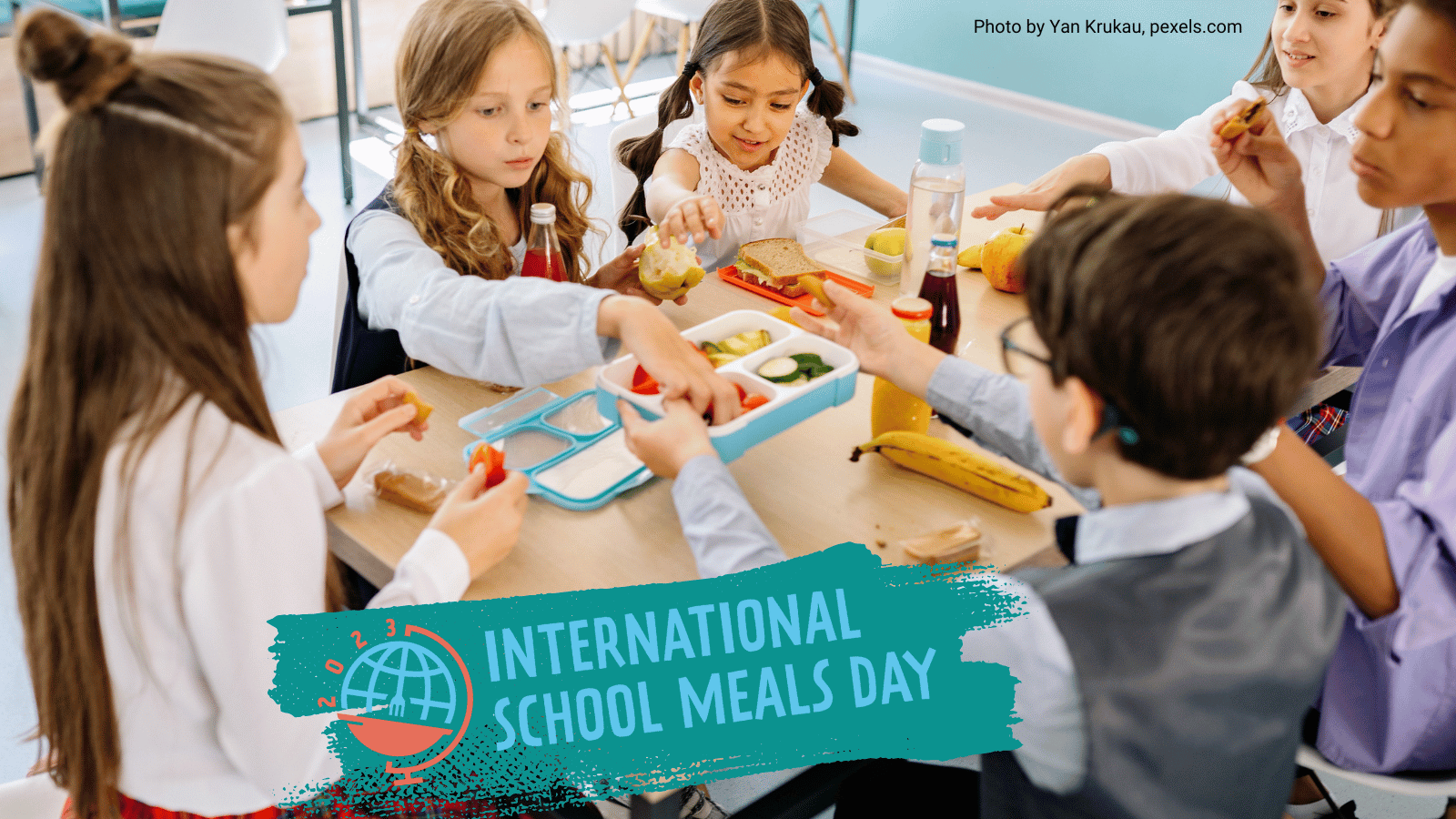
Project summary
SchoolFood4Change (SF4C) will create a shift to both sustainable and healthy diets on a broad societal scale by directly impacting over 3,000 schools and 600,000 school children in 12 EU countries, providing a replicable good practice across the EU and beyond.
All children go to school and are vulnerable to diet-related conditions and disadvantaged environments. SF4C views schools and children and young people (0-18 years of age) as catalysts for systemic change for the shift to sustainable and healthy diets of all EU citizens. The SF4C triple impact approach will be implemented by 33 partners, mostly governmental partners that have the mandate over sustainable healthy school meals, including many pioneers from across the EU. SF4C has received official support from ten EU Member States.
The SF4C specific objectives are:
- To innovate and roll out sustainable healthy food procurement, sourced from land, inland water and sea, in line with the EU Farm to Fork Strategy and the SDGs;
- Through innovative “planetary health diets & cooking”, linked to the identity of the territory, train and empower cooks and urban food stakeholders in the cities;
- To ensure an enabling educational environment through the innovative “whole school food approach” which is a method about achieving a healthy food culture in and around schools, contributing to community-wide whole systems change, and impacting on education, sustainability, inequalities, communities and health;
- To assess the SF4C impact, demonstrate real life delivery (“business case”), particularly on health and behavioural change of vulnerable children, and prove that it can be cost-effective;
- To seek impact for all EU citizens, demonstrate swift EU replicability, also beyond schools, and engage with European Commission Services and projects on increased Farm to Fork (F2F) impact toward 2030.
Expected results and impact
National and local (provincial and regional) governments are united in their commitment to improving the wellbeing of our children and young people to give them the best possible start in life. Investing in children and young people from an early age brings huge benefits, all in line with the F2F strategy. As a short-term outcome, the project will help children and young people to be happier, healthier and play a positive role in their schools and communities (WFSA). In the longer term, it will benefit the health, wellbeing and economic prosperity of individual EU countries.
The project aims to raise a new generation of responsible European citizens who are aware of the health consequences of their food choices (risks of obesity and other non-communicable diseases) and who respect their planet and animal welfare.
The project also recognises that children and young people are by definition vulnerable, as they do not yet have all the tools to make independent and informed food choices. The project aims to give all participating children and young people in the schools and cities of the project's 12 EU partner countries the opportunity to receive better nutritional education and to eat more healthily.
A healthy diet is a cornerstone of people's physical and mental well-being. Considering the consequences of obesity and other non-communicable diseases, poor nutrition has a significant impact on the economic sustainability of public health systems. Research has shown that a balanced diet in early childhood has a lasting positive impact on health, particularly on levels of cardiometabolic risk factors.
Children also play an important role in influencing their family's eating habits. By investing in the education of the youngest generation, the project will have a positive impact on the eating habits of millions of European citizens.
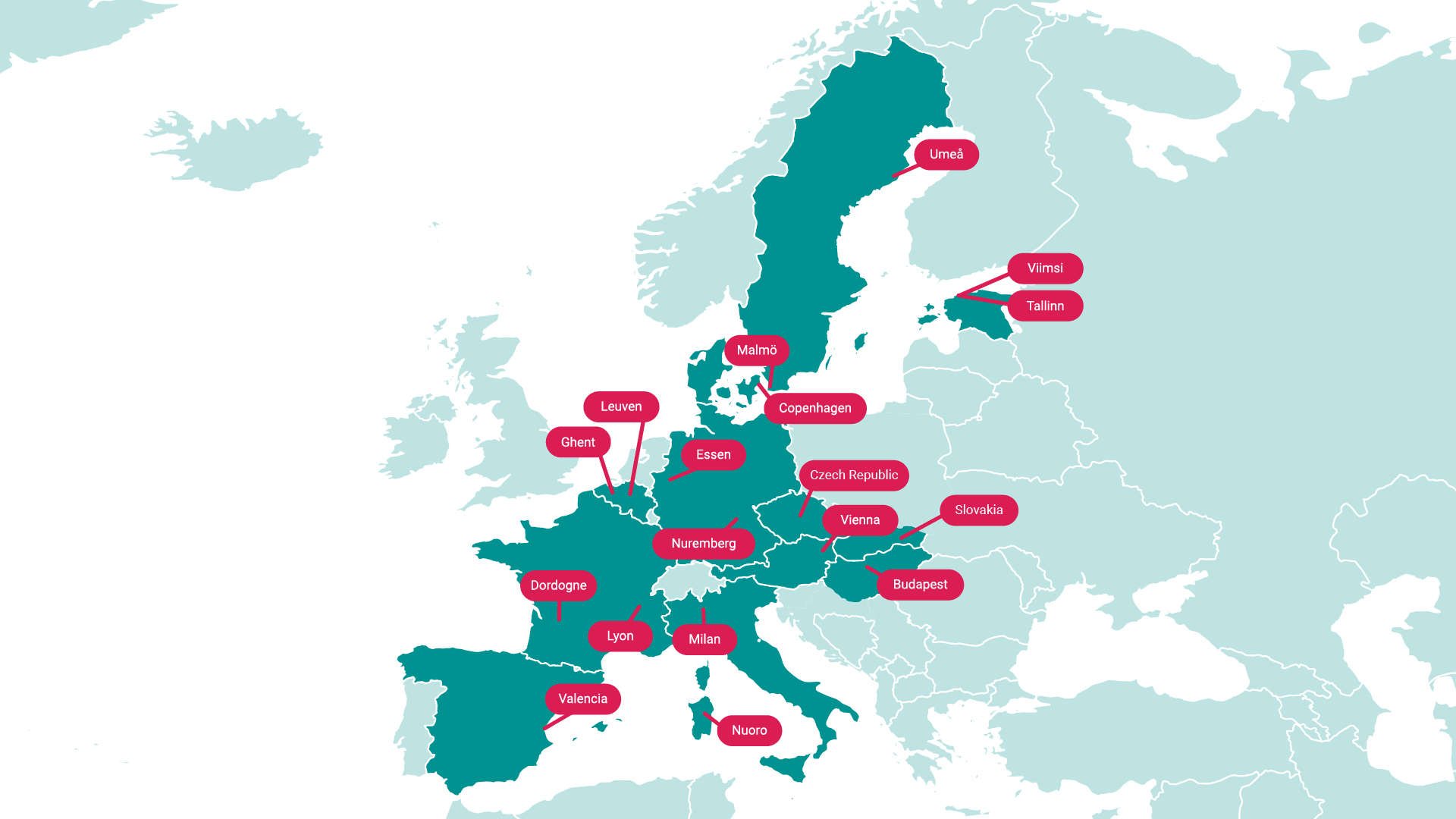
Project partners:
- Austria: City of Vienna - MA 22 (Umweltschutz), Danachda: Bildung für Nachhaltigkeit, EuroVienna EU Consulting and Management GmbH
- Belgium: Rikolto, Bioforum, City of Gent, City of Leuven
- Czech Republic: Skutečně zdravá škola
- Denmark: City of Copenhagen
- Estonia: Stockholm Environment Institute Tallinn, City of Tallinn, City of Viimsi
- France: Association Risteco-la ville qui mange, Départment Dordogne, City of Lyon
- Germany: Speiseräume- Büro für Angewandte Ernährungspolitik, City of Nürnberg, City of Essen, WWF Deutschland
- Hungary: Business Economics Science Education Foundation, Étkeztetési Szolgáltató Gazdasági Szervezet, City of Budapest
- Italy: Fondazione Ecosistemi, Milano Ristorazione SPA, Slow Food Italia Associazione, University of Gastronomic Sciences of Pollenzo, City of Milan, City of Nuoro
- Slovakia: Skutočne zdravá škola
- Spain: Mensa Cívica, Ecovalia, EURECAT Technology Centre of Catalunya, University of Alcalá, Generalitat Valenciana
- Sweden: WWF Schweden, City of Malmö, City of Umeå
- International Organisations: ICLEI- Local Governments for Sustainability Europe, Délice Network, FTAO-Fair Trade Advocacy Office, ICLEI-Local Governments for Sustainability Global, IFOAM-Organics Europe, WFTO-World Fair Trade Organization Europe
Project area:
- Austria, Belgium, Czech Republic, Denmark, Estonia, France, Germany, Hungary, Italy, Slovakia, Spain, Sweden
Website(s):
